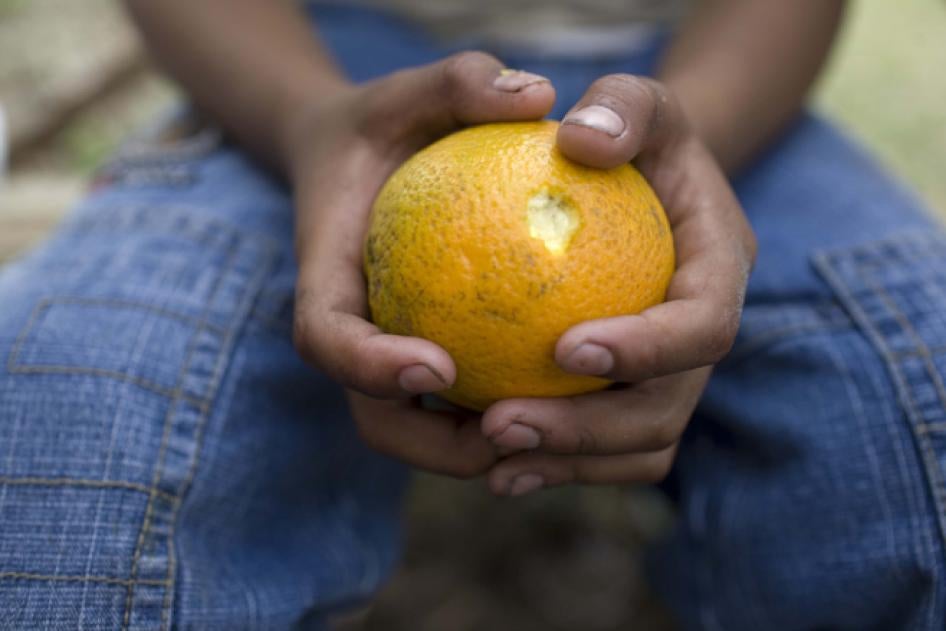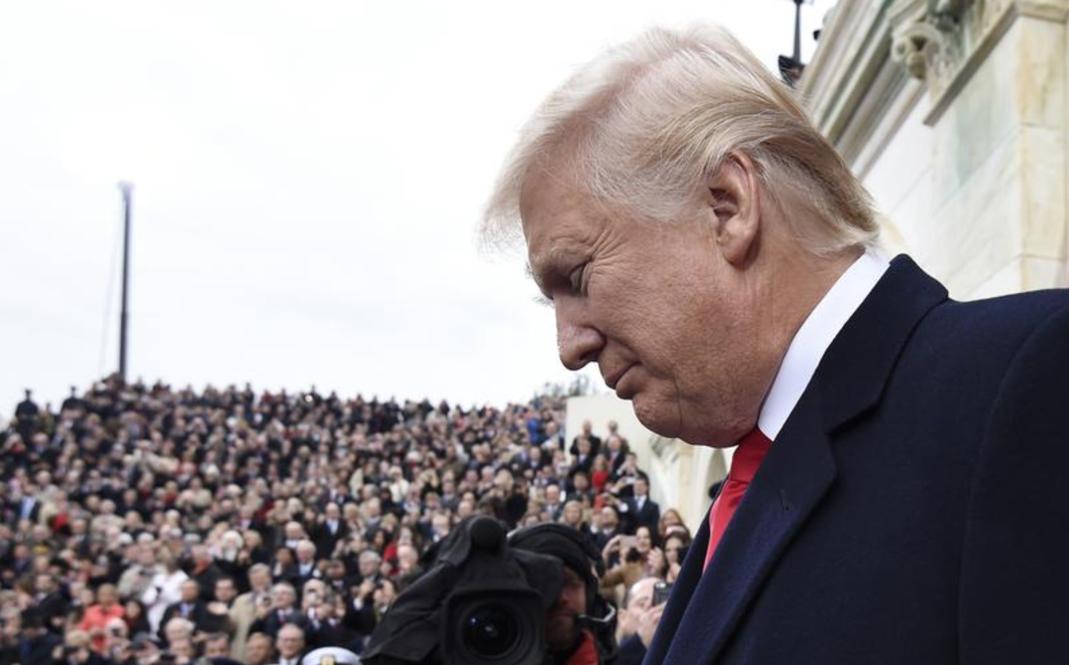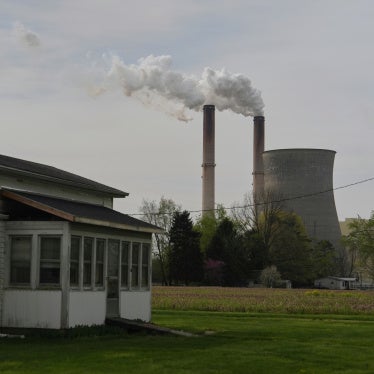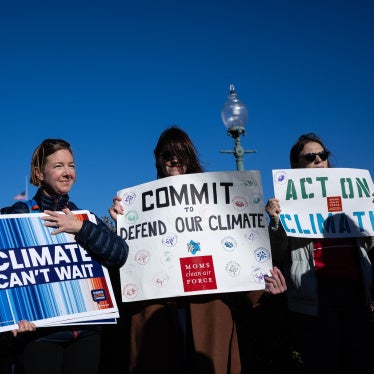“Luz” started picking strawberries in Florida when she was just nine years old. Her wages helped her mother buy groceries and school supplies, but the work was hard and she often missed class. Exposure to pesticides also made her sick: “When I was in the fields, I took in the chemicals they put on the plants . . . My stomach was always heaving. Every single day.”
Hundreds of thousands of children work on US farms because of child labor laws that allow kids as young as 12 to work as many as 50 or 60 hours a week in agriculture. Since 2000, Human Rights Watch has documented the dangers of this work, including pesticide poisoning, injuries from sharp tools and heavy machines, and fatality rates that are four times higher for child farmworkers than youth working in any other sector. Will the Trump administration take seriously its duty to protect these children from harm? The early signs are not good.
The Trump Administration’s choice of Scott Pruitt to head the Environmental Protection Agency (EPA) triggered widespread alarm, and with good reason. Pruitt has a long record of strident opposition to the EPA’s efforts to protect people from environmental hazards. Last week, he announced the EPA would allow continued use of the pesticide chlorpyrifos, despite conclusions from EPA scientists that the chemical is particularly hazardous to children. Research studies have found exposure can cause learning deficits, impacts on brain development, reproductive health problems, and increased rates of cancer. Children are particularly at risk because their bodies and nervous systems are still developing.
According to the New York Times, chlorpyrifos is currently used on about 50 different types of crops and on about 40,000 farms. Research has found that health risks from the chemical can persist for up to 18 days after application to crops. Many child farmworkers have told Human Rights Watch about working in fields that were still wet with pesticides or breathing in pesticide drift while nearby fields were being sprayed.
Because of the dangers of chlorpyrifos, environmental groups went to court a decade ago seeking a ban on its use. In 2015, the EPA recommended a ban and a judge demanded a final decision by the end of last week. To many, Pruitt’s decision seems to signal he is just as hostile to the EPA’s exercise of its crucial mandate as he was before taking up the agency’s reins. Both the Trump administration and Congress should take urgent action to protect children from hazardous work in agriculture. This demands not only steps to address the dangers of pesticide exposure, but also to change the indefensible laws that allow children to work in the fields at younger ages, for far longer hours, and under more dangerous conditions than all other working children.










